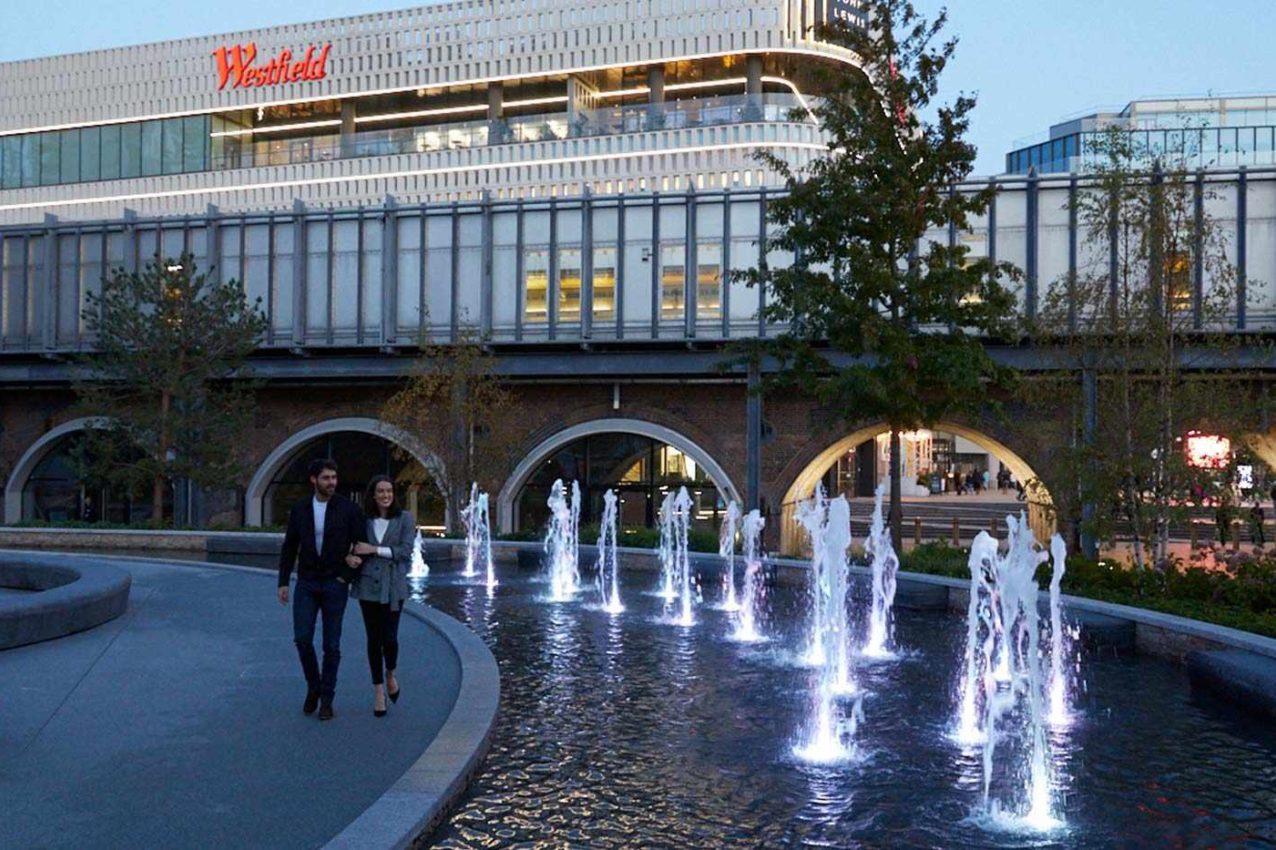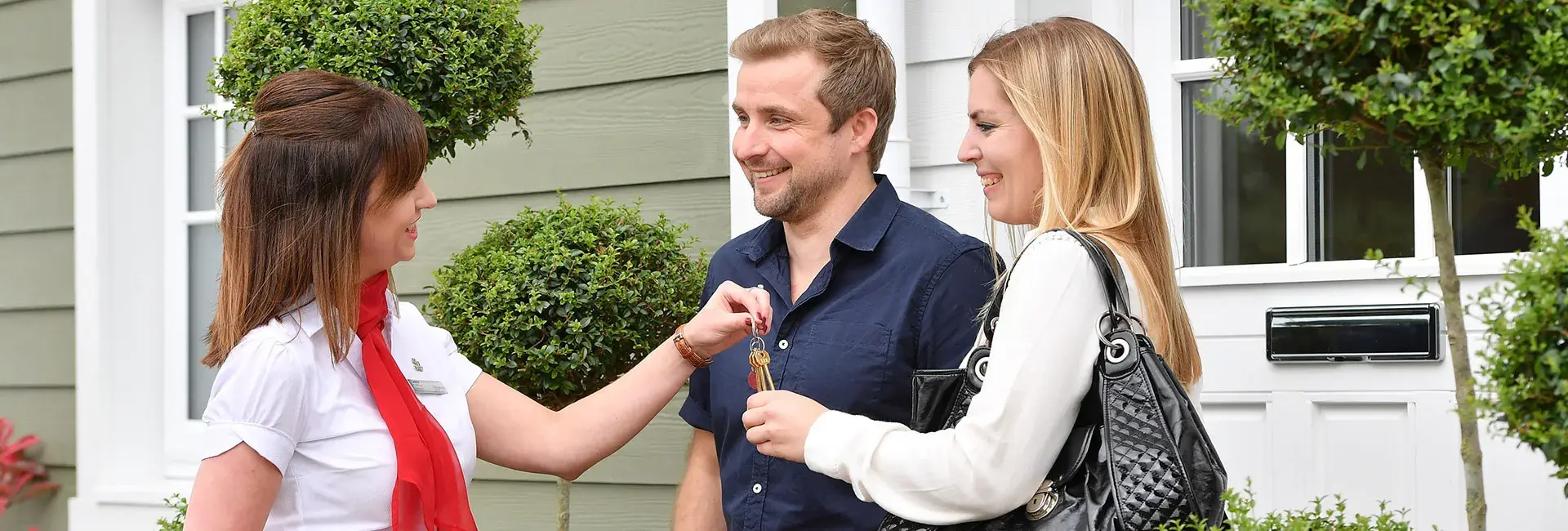Over the last few years, sustainability has shifted from a voluntary trend that businesses could consider implementing to becoming a necessity that needs to be enacted upon. However, not all companies and organisations are doing their bit to futureproof the environment - which is why it’s important now more than ever for those leading sustainability in different industries and sectors, like us here at Berkeley Group, to champion green building and shows how important it is in the real estate industry and beyond.
Put simply, gone are the days when sustainability was a niche interest of a select few. Today, everyone wants to go green. Consumers now demand and expect it in most, if not all, aspects of their lives – especially in their homes and places of work.
And as sustainability is a topic and ideal that Berkeley Group holds close to its heart and seeks to achieve in every project we develop, we would like to explore the importance of building homes that can last not only a lifetime but forever.
Why is building sustainable homes important?
Now more than ever, it is critical for businesses and individuals alike to not only think about the environment and how we can lessen the damaging impact we’re having on it, but to start taking action and incorporating eco-friendly and sustainable effective strategies, practices and solutions in our daily lives.
In other words – we only have one earth and if we don’t start doing our part, there won’t be an inhabitable planet left for future generations. And, believe it or not, the real estate industry has a larger part than most to play. Here’s why:
- Research has shown that the construction and operations of buildings account for 40% of worldwide greenhouse gas emissions.
- It was also noted that the building sector has the largest potential for significantly reducing greenhouse gas emissions when compared to other major emitting sectors
- Leading on from the above point, the potential equates to saving as much as 84 gigatons of CO2 by 2050 when using direct measures, like energy efficiency, fuel switching and use of renewable energy.
- Furthermore, the building sector also has the potential to save 50% or more energy by 2050.
- In the US alone, the green building market is expected to hit $99.8 billion by 2023.
- Green buildings achieve a 7% higher increase in asset value compared to non-green ones.
- LEED Gold buildings have 19% lower maintenance costs.
These are just a few statistics that show the immense impact that real estate developers can have on the environment, and how their business can benefit from making these sustainable changes in the process.
Plus, it’s worth noting that building sustainable homes not only helps save the environment, but they are more likely to attract investors, homeowners and renters. JLL expects that over the next 5 years, there will be an increase in demand for more energy-efficient, lower-carbon sustainable homes - so much so that major UK banks have already started turning their attention to this anticipated growth. In 2021 alone, 5 new lenders entered the green mortgage market, bringing the total up to 14 green mortgage lenders in the UK with 26 product offerings, compared to pre-COVID times*.
What is sustainability in real estate?
Sustainability in real estate refers to developers prioritising sustainable and eco-friendly property features to positively impact the environment. This means that instead of using materials and strategies which increase a building’s carbon footprint, developers aim to reduce the impact of a home or building on the environment in all aspects, from the materials used to daily operations.
Features that are sustainable include:
- Energy-efficient appliances and lighting.
- Add in as many windows as possible for better air quality and ventilation.
- Ensuring that the home is caulked and insulated property.
- Using eco-friendly paints with no VOC emissions when painting,
- Installing a drain-water heat recovery system.
- Incorporating a solar panel system.
- Getting the building certified for energy efficiency.
- Low-water landscaping.
- On-site recycling program
- Community features, such as parks and gardens.
- This is by no means an exhaustive list but provides a good idea of what it means to be a sustainable real estate developer.
Berkeley Group – leading the market in sustainable homes
Although many now know how important sustainability is, it has been a part of our ethos for decades, which has made Berkeley Group a market leader in the industry for sustainability and climate change, and in 2007, we became the first UK homebuilder to publish a Climate Change Policy. We go to great lengths to ensure that our homes are of the highest quality and design and that we’re always committed to our customers – but all this means nothing if our developments cannot be enjoyed by generations to come.
We are especially proud to have been the first homebuilder in 2017/2018 to become carbon neutral in our operations and continue to build on that status by making sustainability fundamental to our business ethos. We are also the first homebuilder to win the Queen’s Award for Enterprise for Sustainable Development.
Berkeley Group has been awarded a place on CDP’s prestigious Climate Change “A List”, which recognises global companies “leading the way to a more sustainable future”. Furthermore, Berkeley is the only UK homebuilder to be awarded an A rating for Climate Action and Transparency, which is the highest score possible. As of 2021, only 3% of all companies assessed by CDP achieved this leadership grade.
Our approach to sustainability is about considering the future, developing homes and places that we hope will still exist decades from now without negatively impacting the world around it. On each and every site, we focus on community building, enhancing nature and biodiversity, and tackling climate change.
Berkeley Group is fully committed to building homes that contribute to the future of this planet. If you’d like to see our policy in action, be sure to view our available developments and witness the strides we have made toward a better future for all.




.png)
